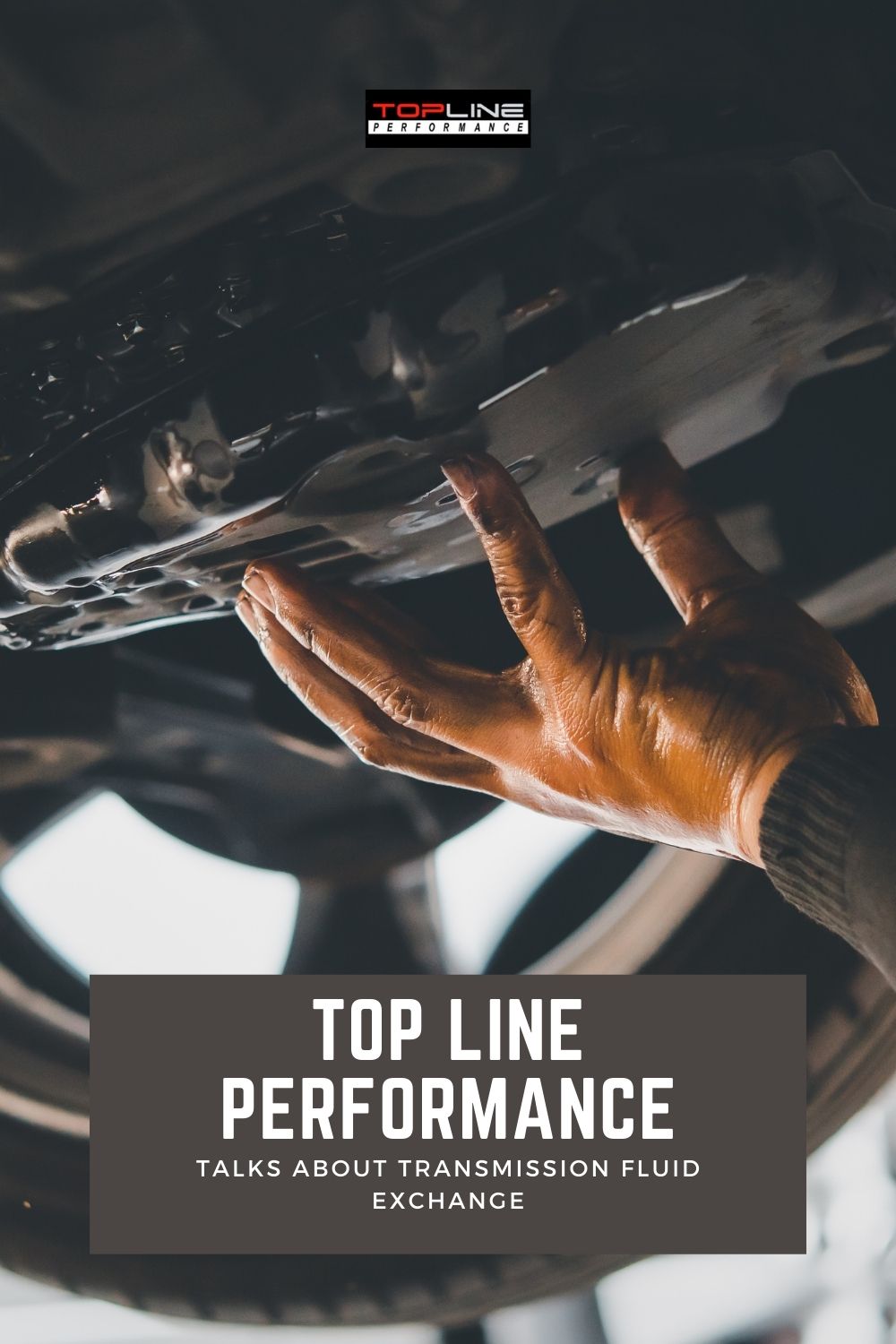
Top Line Performance, an auto repair shop located in Huntington Beach, California, knows just how vital it is to keep your vehicle's essential fluids in top condition. One of the most crucial fluids is undoubtedly the transmission fluid. It's universally agreed upon that changing your transmission fluid is a necessity—there's no debate there. However, the frequency of performing a transmission fluid exchange depends heavily on the make, model, and type of transmission your vehicle has. Some manufacturers recommend doing it every 24,000 to 36,000 miles, while others may suggest intervals as long as 100,000 miles.
Â
Understanding Transmission Fluid: An Essential Guide
Â
Transmission fluid serves as the lifeblood of your vehicle, ensuring seamless gear changes and protecting your transmission from excessive wear and tear. This specialized hydraulic fluid is engineered to both lubricate and cool the intricate components within your transmission, making every gear shift smooth and effortless. Its primary role is to prolong the lifespan of your transmission system, which is crucial for maintaining optimal vehicle performance.
Â
Automatic vs. Manual Transmissions: Differences in Maintenance Needs
Â
Both automatic and manual transmissions require regular transmission fluid exchanges, but the frequency differs due to the varying complexities of their designs. Automatic transmissions typically demand more frequent fluid changes because they generate higher levels of friction compared to manual ones. Manual transmissions, being simpler in design with fewer moving parts, can go longer between fluid exchanges.
Â
If you're unsure about the specific maintenance requirements for your vehicle, consult your owner's manual or discuss with a professional mechanic at a reputable auto repair shop in Huntington Beach, such as Top Line Performance. They can provide tailored advice based on your car's specifications and driving habits.
Â
The Construction of Automatic and Manual Transmissions
Â
Each type of transmission operates uniquely, necessitating distinct maintenance schedules. Automatic transmissions rely on a torque converter, which uses fluid flow to transfer power, whereas manual transmissions use a clutch system operated manually by the driver. In a manual transmission, gears are engaged and disengaged manually during shifts, while automatics handle gear changes autonomously without driver intervention.
Given these differences, automatic transmission fluid tends to degrade faster than manual transmission fluid due to the additional complexity and reliance on fluid for operation. Consequently, automatic transmissions generally require more frequent fluid exchanges.
Â
Why Regular Transmission Fluid Exchanges Are Vital
Â
Ignoring transmission fluid exchanges can lead to severe consequences for your vehicle. Over time, the additives in the fluid break down, losing their ability to lubricate effectively and dissipate heat. Without proper lubrication, debris can accumulate and cause significant damage to your transmission. This is why it's crucial to visit a reliable auto repair shop in Huntington Beach, like Top Line Performance, to ensure your vehicle remains in excellent condition.
Â
How Often Should You Replace Your Transmission Fluid?
Â
Unlike motor oil, transmission fluid doesn't need to be changed as frequently. Experts recommend performing a transmission fluid exchange every 24,000 to 36,000 miles or every two to three years, whichever comes first. Some modern vehicles, particularly those with sealed systems, may not require a transmission fluid exchange at all. Always refer to your owner's manual for precise guidelines tailored to your vehicle.
Â
The Benefits of Regular Transmission Fluid Exchanges
Â
Regular transmission fluid exchanges help prevent transmission slippage caused by wear and tear, enhancing your vehicle's overall performance. By replacing old fluid with fresh fluid, you restore your transmission to its optimal condition, ensuring smooth gear shifts and improved fuel efficiency. The difference after a transmission fluid exchange can be remarkable, offering a smoother driving experience and extending the life of your vehicle.
Â
Transmission Fluid Degradation: Causes and Effects
Â
Like motor oil, transmission fluid undergoes degradation over time due to normal wear and tear. During gear shifts, friction generates heat, which the fluid must absorb and dissipate. The heavier the load on the transmission, the more heat is produced, accelerating the breakdown of the fluid. As the fluid ages, its ability to lubricate key components diminishes, increasing the risk of damage and reducing the transmission's lifespan.

Â
At the end of the day, staying proactive about your vehicle's maintenance is key to avoiding costly repairs down the line. Regularly servicing your transmission fluid ensures your vehicle runs smoothly and efficiently, giving you peace of mind on every drive. Don't wait until problems arise—schedule a transmission fluid exchange today!
Dip Stands ,Integrated Gantry Frame,Fitness Home Multifunctional Weightlifting Bed,Pull Up Diaper Dip Stands
kangerte , https://www.corertefit.com
